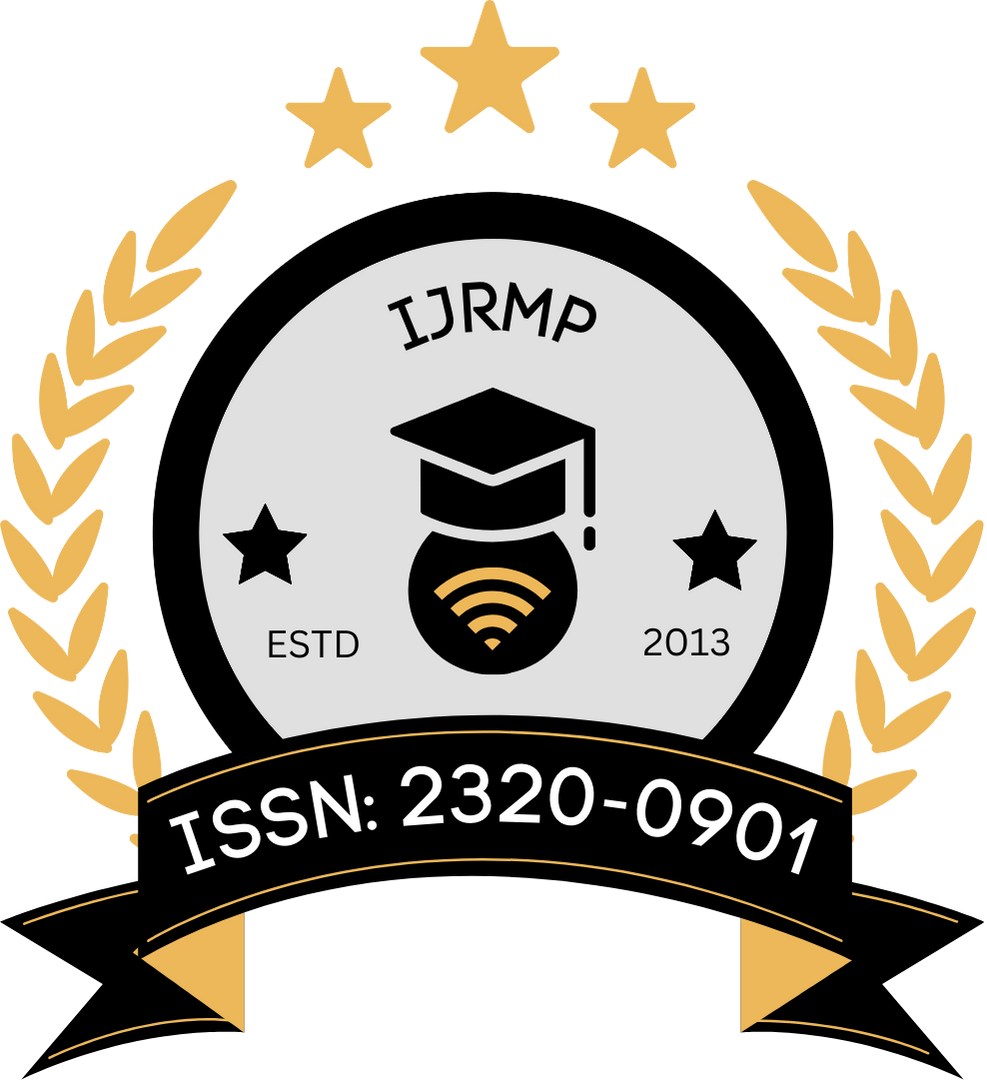![]()
Suhani Bhatt
Independent Researcher
Gujarat, India
Abstract
Pharmacy education is undergoing transformative changes due to emerging pedagogical innovations such as gamification. This study evaluates the impact of gamification on the effectiveness of training in Good Clinical Practice (GCP) and drug safety (pharmacovigilance). Through an extensive review of existing literature and a controlled implementation of gamified learning modules, the research investigates knowledge retention, learner engagement, and comprehension outcomes compared to traditional methods. Results indicate that gamification significantly enhances participant motivation, interactive learning, and retention of critical drug safety protocols, thereby promoting a culture of compliance and awareness. The study advocates for integrating game mechanics like point systems, badges, and scenario-based simulations to reinforce concepts crucial for ethical and safe clinical practice. The findings offer valuable insights for academic institutions and regulatory agencies to modernize training in compliance with evolving educational needs.
Keywords
Pharmacy Education, Gamification, Good Clinical Practice (GCP), Drug Safety, Pharmacovigilance, Serious Games, Training Effectiveness, Compliance, Knowledge Retention
References
- Boeker, M., Andel, P., Vach, W., & Frankenschmidt, A. (2013). Game-based e-learning is more effective than a conventional instructional method: A randomized controlled trial with third-year medical students. PLoS ONE, 8(12), e82328. https://doi.org/10.1371/journal.pone.0082328
- Deterding, S., Dixon, D., Khaled, R., & Nacke, L. (2011). From game design elements to gamefulness: Defining “gamification.” In Proceedings of the 15th International Academic MindTrek Conference (pp. 9–15). ACM. https://doi.org/10.1145/2181037.2181040
- Gentry, S. V., Gauthier, A., Ehrstrom, B. L., Wortley, D., Lilienthal, A., Car, L. T., … & Car, J. (2016). Serious gaming and gamification education in health professions: Systematic review. Journal of Medical Internet Research, 18(3), e103. https://doi.org/10.2196/jmir.5465
- Kapp, K. M. (2012). The gamification of learning and instruction: Game-based methods and strategies for training and education. Pfeiffer.
- Ruiz, J. G., Mintzer, M. J., & Leipzig, R. M. (2006). The impact of e-learning in medical education. Academic Medicine, 81(3), 207–212. https://doi.org/10.1097/00001888-200603000-00002
- Silva, H., Rosa, A. C., & Soares, M. A. (2015). A comparative study of traditional and gamified e-learning approaches in the context of pharmacy education. Procedia – Social and Behavioral Sciences, 174, 2282–2289. https://doi.org/10.1016/j.sbspro.2015.01.888
- Benedict, N., Schonder, K., & McGee, J. (2013). Promotion of self-directed learning using virtual patient cases in a therapeutics course. American Journal of Pharmaceutical Education, 77(7), 151. https://doi.org/10.5688/ajpe777151
- Lopez-Gonzalez, E., Herdeiro, M. T., Figueiras, A. (2009). Determinants of under-reporting of adverse drug reactions: A systematic review. Drug Safety, 32(1), 19–31. https://doi.org/10.2165/00002018-200932010-00002
- Cain, J., & Piascik, P. (2015). Are serious games a good strategy for pharmacy education? American Journal of Pharmaceutical Education, 79(4), 47. https://doi.org/10.5688/ajpe79447
- Zhang, C., Zary, N., & Fors, U. G. H. (2014). Serious games for medical education: A survey of game types and game elements. BMC Medical Education, 14, 22. https://doi.org/10.1186/1472-6920-14-22
